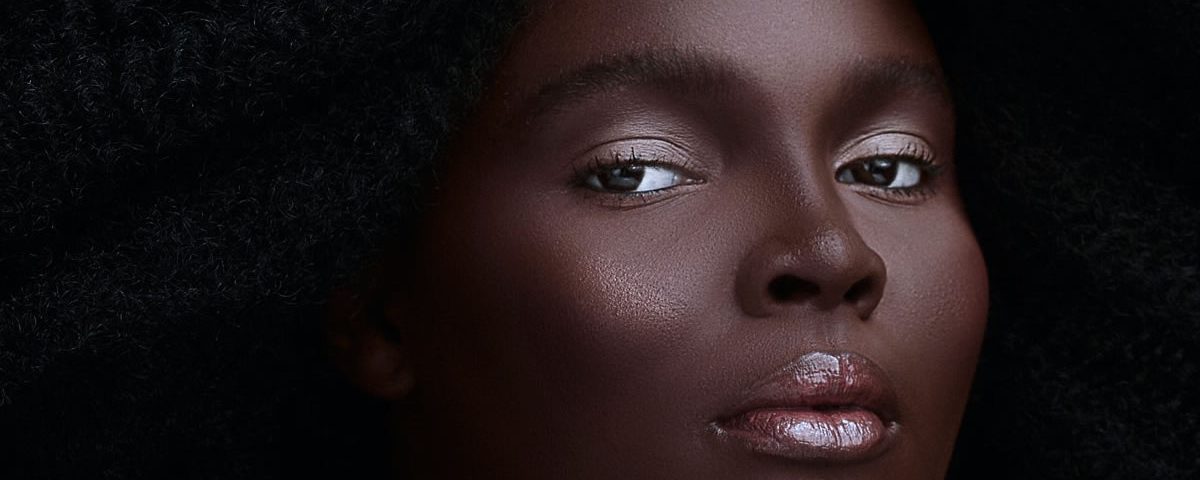I’m Not Your Superwoman: Reclaiming Our Humanity

I Got to Talk about Bruno and the other ‘Encanto’ Characters on CNN.com
January 25, 2022
Anchor At The Bottom Of A Stormy Sea
May 11, 2022I’m Not Your Superwoman: Reclaiming Our Humanity

A singer in the 80’s, named Karyn White, and had a song that my teenage self loved. It was titled: “Superwoman”. The song is about a woman who is a working wife and mother giving her all to an unappreciative partner (don’t worry guys this is not a man bashing blog). The chorus is my favorite part: “I’m not your superwoman. I’m not the kind of girl that you can let down and think that everything’s ok. Boy, I am only human…” I am only Human. I am HUMAN. I cannot count the times that I’ve repeated that chorus to myself over the years. It’s my reminder that I’m not some alien being gifted with supernatural powers. I am simply, proudly and securely human. I tried on the cape and realized after burnout that it’s too heavy. The mantle of super strength is not just a burden that I’ve had to bear, it is one that is placed on many of us as Black women. Our families place it on us with expectation with endearments like “my mini me”. Expectations that we assist in the management of the home or supervision of siblings at an early age in order for parents to work. Society places that mantle on us with phrases like, “strong black woman” or “black girl magic”. These phrases carry with the implication of compliments but they really paint us into the corner of bearing our burdens alone and manifesting something glorious out of thin air (usually to suit someone else’s needs). There is a dear price we pay to try to live up to the fictional superwoman. We pay that price with our mental and physical well-being.
The Centers for Disease Control in a longitudinal study found that: “The Sojourner syndrome and the Superwoman Schema (SWS) concepts are used to explain the phenomenon of early onset of morbidity among African American women in response to persistent chronic stress and active coping associated with meeting day-to-day demands and having multiple caregiver roles” (Lekan, 2009; Woods-Giscombe & Black, 2010; Slopen et al., 2010). Basically Sis, stress is killing us! Some of the risk factors are coronary vascular disease, obesity, diabetes, depression, cognitive impairment and both inflammatory and autoimmune disorders. We cannot change our race or our gender but we must change how we navigate in our world to improve our health outcomes. So, how do we begin to reclaim our humanity to save our lives? I have a few ideas:
1st: Allow little girls to be little girls. Our daughters shouldn’t have the responsibility of caring for the home and younger siblings in our absence. We need to strengthen our family and social supports to include partnerships with other trustworthy adults to allow our children to play and develop emotionally at their own pace. As my mother used to say, they “have the rest of their lives to be adults”. Let them be children for as long as possible.
2nd: Ask for help. We are people that come from the community. There is a reason for the proverb “It takes a village to raise a child”. The support of the community not only benefits the child but it gives needed support to the parents. I was born in the United States but all three of my children were born in West Africa. My last born was very colicky and didn’t sleep through the night. My husband and I thought it best for me to return to the US with the child to get proper medical attention and have more modern amenities. It lasted 2 months before I was calling my husband to come get us. I felt so isolated and alone here. Where were the aunties and sisters that dropped by on a daily basis to check on me and the children? Everyone was working and it was my responsibility to care for my child alone. I often say we mother in isolation and judgment in the US where we mother in partnership in Africa. If you don’t have a natural community of supportive family, create a community of other mothers that is a judgment free zone.
3rd: Get comfortable saying, No. We cannot be all things to all people; don’t even try. Allow friends, family, and co-workers to carry their own mental load. Sis, I know you’re capable and intelligent, you don’t have to prove it to the world. Protect our emotional, mental and physical space by creating healthy boundaries. “No” is a complete sentence. Sometimes offering an explanation leaves the other person with the impression that they can negotiate terms to sway you to their side. Be honest with yourself and clear with the other person, “I’m not in a position to do that for you.” Then let it hang in the air with silence. It will be uncomfortable at first but it will save you a lot of frustration and stress over the long haul.
4th: Give yourself grace. Seek to operate in excellence and not perfection. What’s the difference? Intention. Excellence is working to complete tasks to the best of your ability. Perfection is an unreasonable and unattainable goal. Be patient with others and yourself.
These are just a few ideas to begin reclaiming your humanity and improve your overall health outcomes. There is beauty in being human, in all of its glorious vulnerability.
https://www.apa.org/topics/racism-bias-discrimination/health-disparities-stress
Written by Calandra J. Togba-Doya, LCSW of The Journey Counseling Services, LLC.

